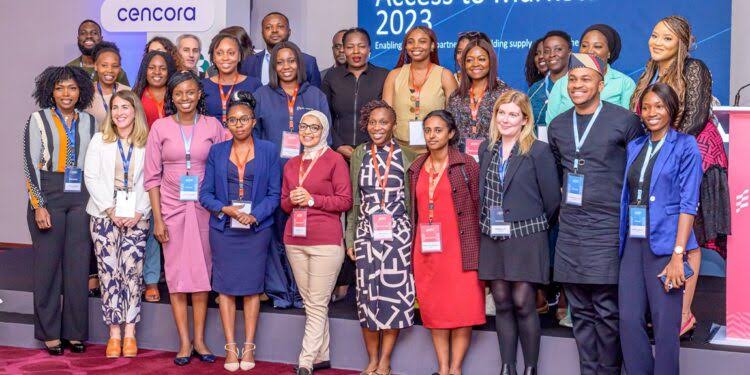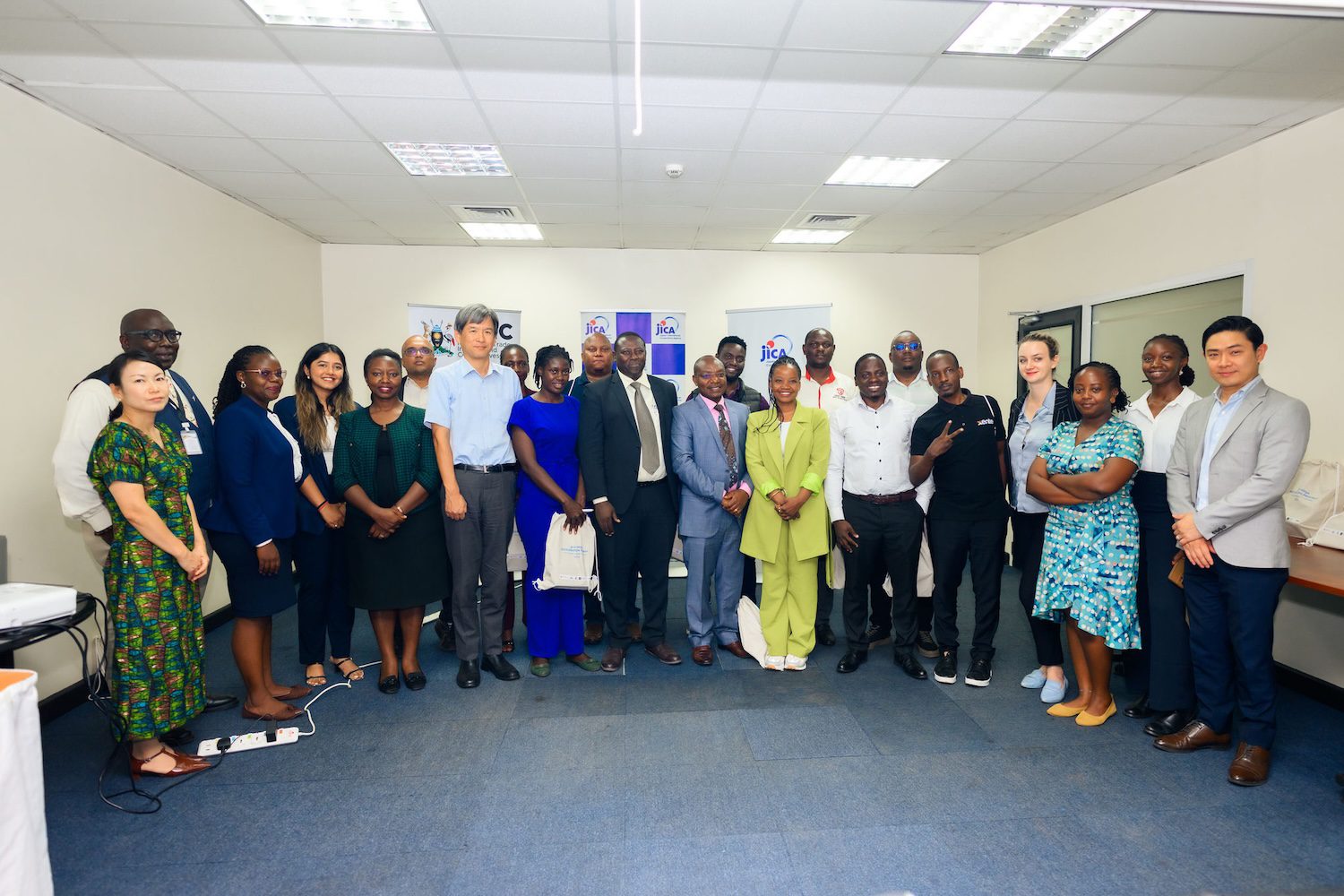On Monday, Investing in Innovation Africa (i3) announced the opening of applications for its third cohort, marking a new phase in its mission to support African health tech startups.
This initiative, backed by prominent organisations like the Gates Foundation, MSD, and Sanofi’s Global Health Unit, aims to empower startups that leverage technology to enhance healthcare delivery across Africa.
Read also: Tunisia digitises health sector with new e-platform for medicines, health products
Program overview and benefits
i3 has successfully supported over 60 startups across its first two cohorts, facilitated 450 introductions to major healthcare organisations and governments, and resulted in over $11 million in contracts for its portfolio companies.
Additionally, these startups have raised an additional $50 million in funding, demonstrating the program’s impact on the African health tech sector.
In this third cohort, i3 will adopt a more selective approach, supporting 15 businesses comprising 10 early-stage enterprises and 5 growth-stage companies.
Up to $50,000 may be awarded to early-stage firms, whereas up to $225,000 can be awarded to growth-stage companies.
The program offers financial support, personalised counsel, and introductions to potential partners, helping startups secure partnerships and expand their operations.
“One of the key lessons from the first phase was the importance of spending more time with the startups. We don’t just want to provide risk-free funding; we also want to offer significant support to help them land partnerships,” shared Somto Chloe Keluo-Udeke, Senior Consultant at Salient Advisory.
Read also: Nigerian hackers breach UnitedHealthcare database to steal 120 million Americans’ private data
Eligibility and application process
To be eligible, startups must be African-owned, led, or operated and focus on serving African markets. They must also leverage technology and data to improve healthcare delivery or product distribution.
The application process involves signing up for the i3 newsletter to receive updates on application openings.
Once applications are open, startups have about a month to prepare and submit them. Then, an expert selection committee oversees a rigorous evaluation process.
Applications for the third cohort close on February 28, 2025. Potential applicants will be invited to an interactive Q&A session on February 21 to answer any questions. The cohort announcement is expected on April 30, 2025.
“With the right resources, African-led companies can scale commercially, reach underserved communities, and create jobs,” Dr. Uchenna Igbokwe, CEO of SCIDaR, noted in a statement.











